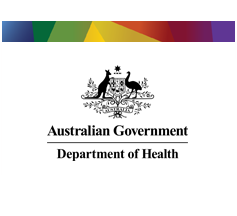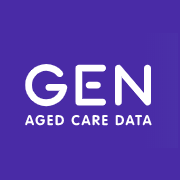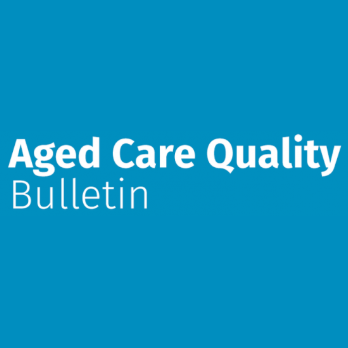A pilot to trial two new QIs in residential aged care services starts early next year.
PricewaterhouseCoopers (PwC) is assisting the department to develop the new QIs:
• medication management
• falls and fractures.
Participation in the pilot is an opportunity for your service to trial and provide feedback on these QIs and help shape the future of the QI Program, ahead of the implementation of these additional mandatory QIs from 1 July 2021.
Read more:
Nominate your service for the new Quality Indicators (QIs) pilot
National Aged Care Mandatory Quality Indicator Program (QI Program) pilots – Expression of Interest
About the National Aged Care Mandatory Quality Indicator Program





